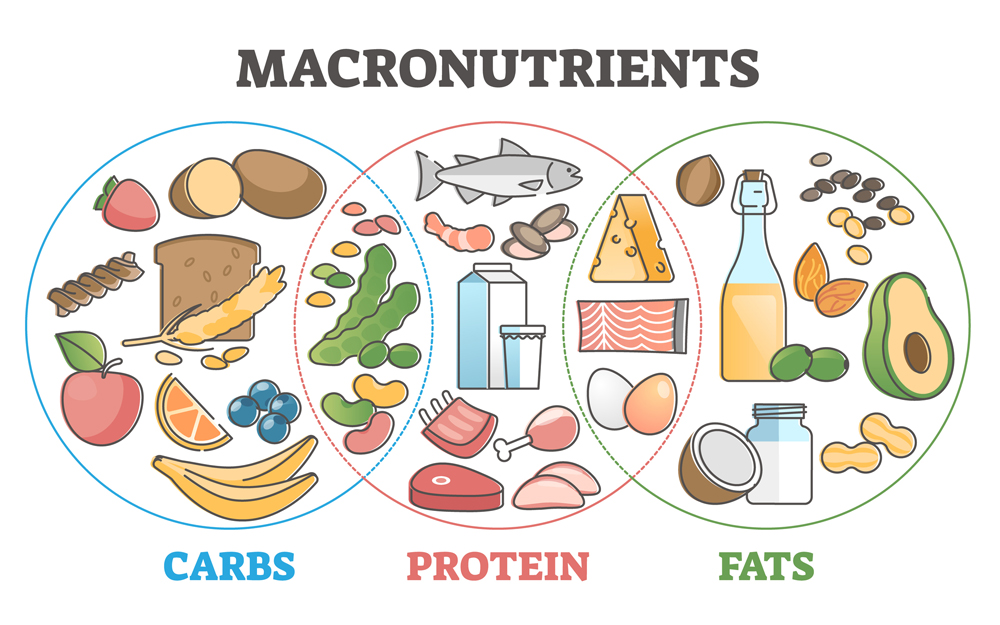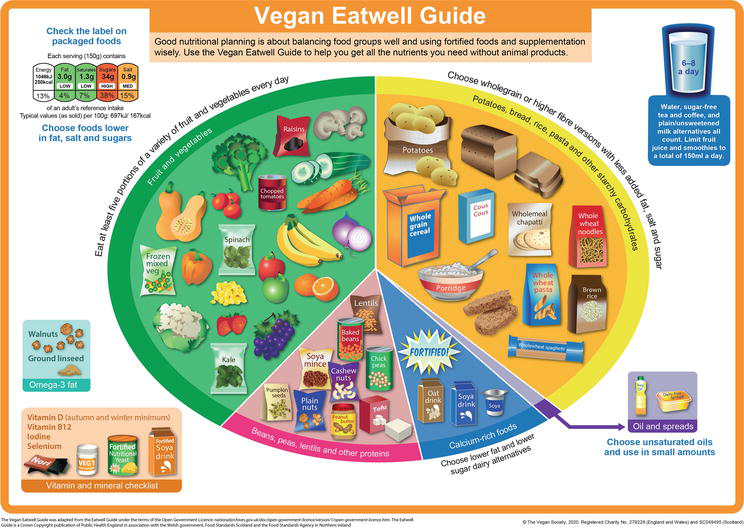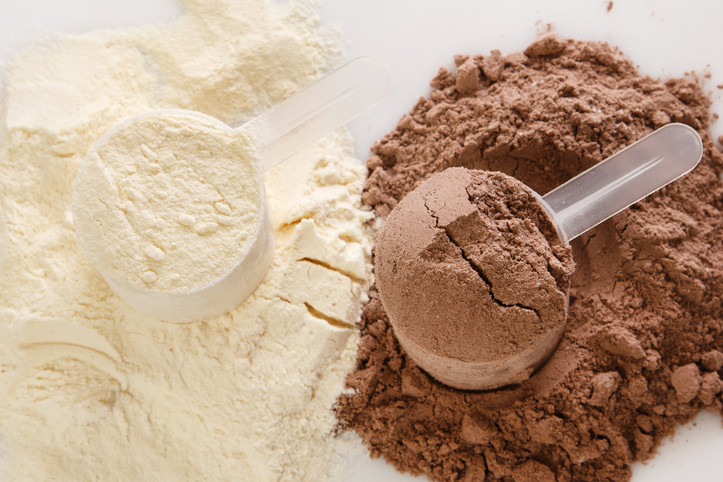Proper nutrition plays a critical role in supporting healthy weight gain by providing the body with the necessary nutrients and energy to fuel muscle growth and overall development. Whether you’re aiming to increase muscle mass, improve energy levels, or enhance physical performance, adopting a balanced and nutrient-rich diet is essential for sustainably achieving your weight gain goals.
Key Principles of Nutrition for Weight Gain:

- Caloric Surplus: Consuming more calories than your body expends is fundamental for weight gain. However, it’s important to achieve this surplus through nutrient-dense foods rather than relying on high-calorie, low-nutrient options, which can lead to unhealthy weight gain and potential health complications.

2. Macronutrient Balance: Focus on incorporating adequate amounts of carbohydrates, proteins, and fats into your diet to support muscle growth, energy production, and overall health.
- Carbohydrates: Serve as the body’s primary source of energy and play a crucial role in fueling workouts and replenishing glycogen stores. Opt for complex carbohydrates such as whole grains, fruits, vegetables, and legumes to provide sustained energy
- Proteins: Essential for muscle repair, growth, and maintenance, protein-rich foods should be a cornerstone of your diet. Include lean sources of protein such as poultry, fish, eggs, dairy products, legumes, tofu, and plant-based protein sources to support muscle development and recovery.
- Fats: Despite their higher calorie density, healthy fats are an important component of a balanced diet, providing essential fatty acids and supporting hormone production and nutrient absorption. Incorporate sources of unsaturated fats such as nuts, seeds, avocados, olive oil, and fatty fish into your meals.

3. Meal Frequency and Timing: Aim to eat frequent, balanced meals and snacks throughout the day to maintain a consistent influx of nutrients and support muscle growth. Consider incorporating pre-and post-workout meals to optimize energy levels and recovery.

4. Hydration: Adequate hydration is crucial for overall health and optimal performance, including during weight gain efforts. Drink plenty of water throughout the day, especially before, during, and after exercise, to support hydration, nutrient transport, and muscle function.

5.Micronutrient Intake: In addition to macronutrients, ensure you’re meeting your body’s needs for essential vitamins and minerals by consuming a variety of nutrient-rich foods. Fresh fruits, vegetables, whole grains, lean proteins, and dairy products are excellent sources of vitamins and minerals that support overall health and well-being.

6.Supplementation: While a well-rounded diet should provide most of the nutrients your body needs, certain individuals may benefit from targeted supplementation, especially if they have specific dietary restrictions or nutrient deficiencies. Consult with a healthcare professional or registered dietitian to determine if supplementation is necessary and appropriate for your individual needs.
By prioritizing nutrient-dense foods, maintaining a balanced diet, and paying attention to portion sizes and meal timing, you can optimize your nutrition to support healthy weight gain and achieve your fitness goals effectively and sustainably. Remember to listen to your body, make gradual adjustments as needed, and seek guidance from qualified professionals to ensure you’re meeting your nutritional needs safely and effectively.